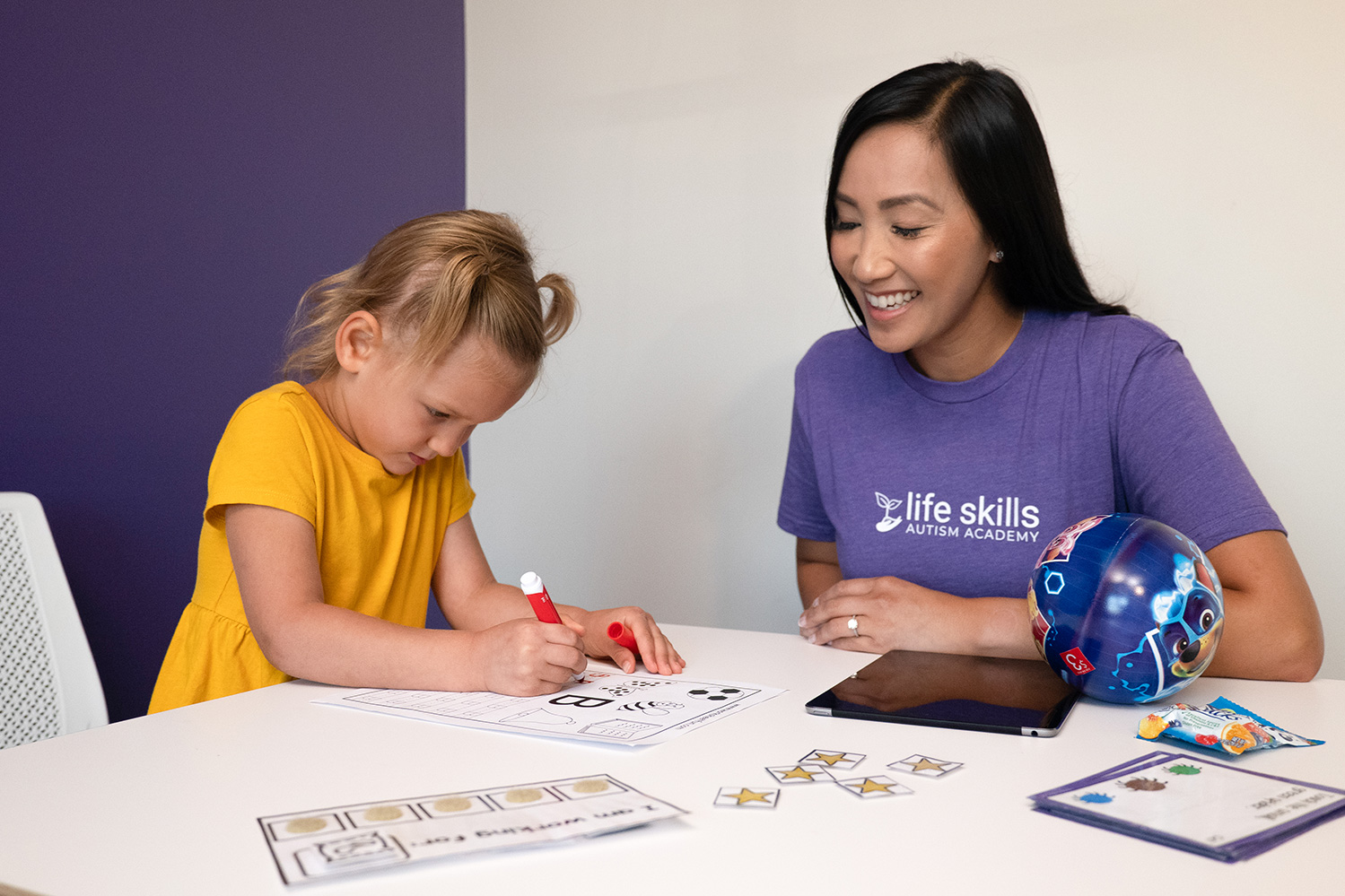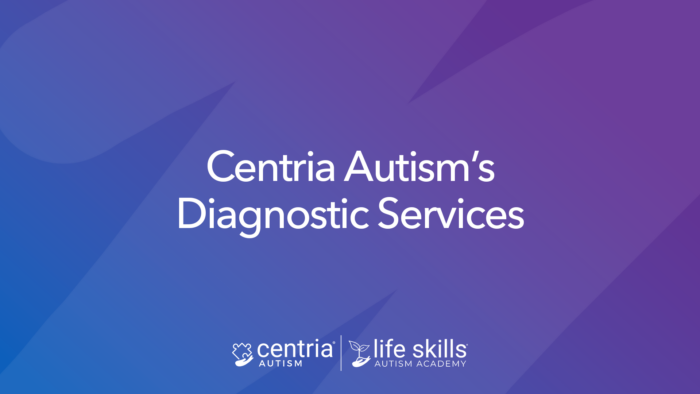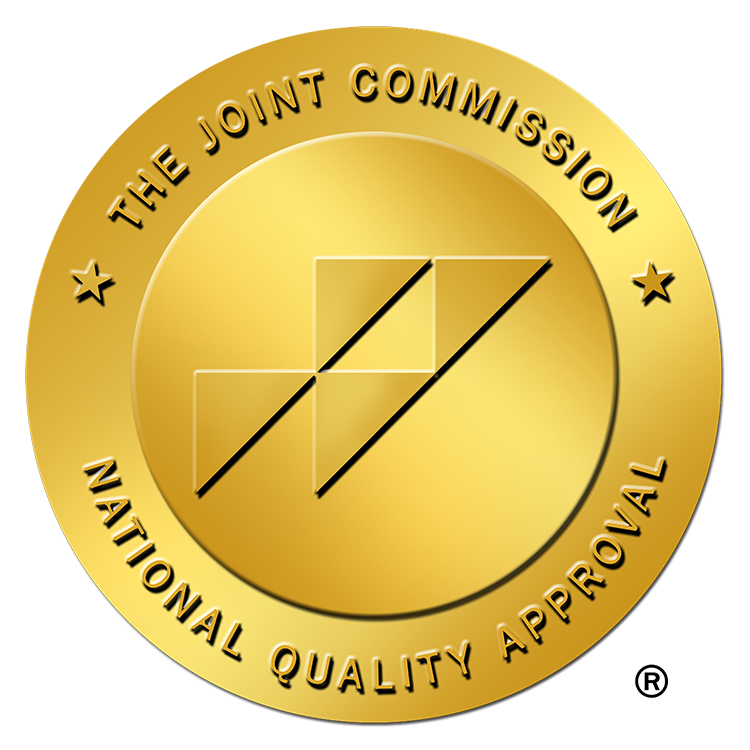






Autism Screening
Autism screening is a crucial first step in identifying children who may have Autism Spectrum Disorder (ASD). Early screening can lead to early intervention, which is vital for maximizing a child’s potential and supporting their development.
At its core, autism screening involves a series of standardized tools and assessments designed to identify signs of autism in children as early as possible.
What Is Autism Screening?
Identify Behaviors and Developmental Patterns
Autism screening typically involves questionnaires and checklists that help identify behaviors and developmental patterns often associated with autism. These screenings are usually conducted by healthcare providers, such as pediatricians, during routine check-ups.
They may also be initiated by parents, caregivers, or educators who notice potential signs of autism, such as delays in speech, challenges with social interactions, or repetitive behaviors.
Determine If Further Evaluation Is Needed
The screening process is not meant to provide a diagnosis; rather, it helps determine if further evaluation is needed. A positive screening result suggests that a child should undergo a comprehensive evaluation by a specialist, such as a developmental pediatrician, psychologist, or neurologist, to confirm or rule out a diagnosis of autism.
Why Is Early Autism Screening Important?
Early autism screening is vital for several reasons:

Timely Intervention
The earlier a child is identified as being at risk for autism, the sooner they can receive support and interventions tailored to their unique needs. Early intervention can significantly impact a child's communication, social skills, and overall development.

Better Outcomes
Research shows that early intervention can lead to improved long-term outcomes for children with autism. It can enhance their ability to learn new skills, adapt to different environments, and build meaningful relationships with others.

Family Support
Early screening can also provide families with the information, resources, and support they need to better understand their child's developmental needs. This understanding empowers families to advocate for their child and make informed decisions about their care.
When Should Autism Screening Take Place?
The American Academy of Pediatrics (AAP) recommends that all children be screened for autism at 18 and 24 months during routine pediatric visits. However, screening can occur at any age if there are concerns about a child’s development. Some children may exhibit early signs of autism, such as limited eye contact, lack of response to their name, or delayed speech, while others may show more subtle signs that become apparent later.
What Are Common Autism Screening Tools?
Several screening tools are commonly used to assess the risk of autism in children. These tools are designed to be quick, user-friendly, and sensitive enough to detect potential signs of autism in young children.
Modified Checklist for Autism in Toddlers (M-CHAT)
Ages and Stages Questionnaires (ASQ)
Social Communication Questionnaire (SCQ)
What Should You Do If You Have Concerns?
If you have concerns about your child’s development or suspect they may be showing signs of autism, it is essential to talk to your child’s healthcare provider.
They can perform an initial screening and, if needed, refer your child to a specialist for a comprehensive evaluation. Early detection and intervention can make a significant difference in the lives of children with autism and their families.

We Are Here to Answer Any of Your Questions
Services are available in select markets. To get started, click here and complete the form.
For markets where we do not offer services currently, our team of specialists can help connect you with a provider in your area that provides diagnostic evaluations.
- Parent interviews/questionnaires
- Behavioral observations
- Standardized assessments (ex. cognitive assessments, developmental assessments, adaptive assessments)
- Autism-specific assessments (ex. ADOS-2, ADI-R)





